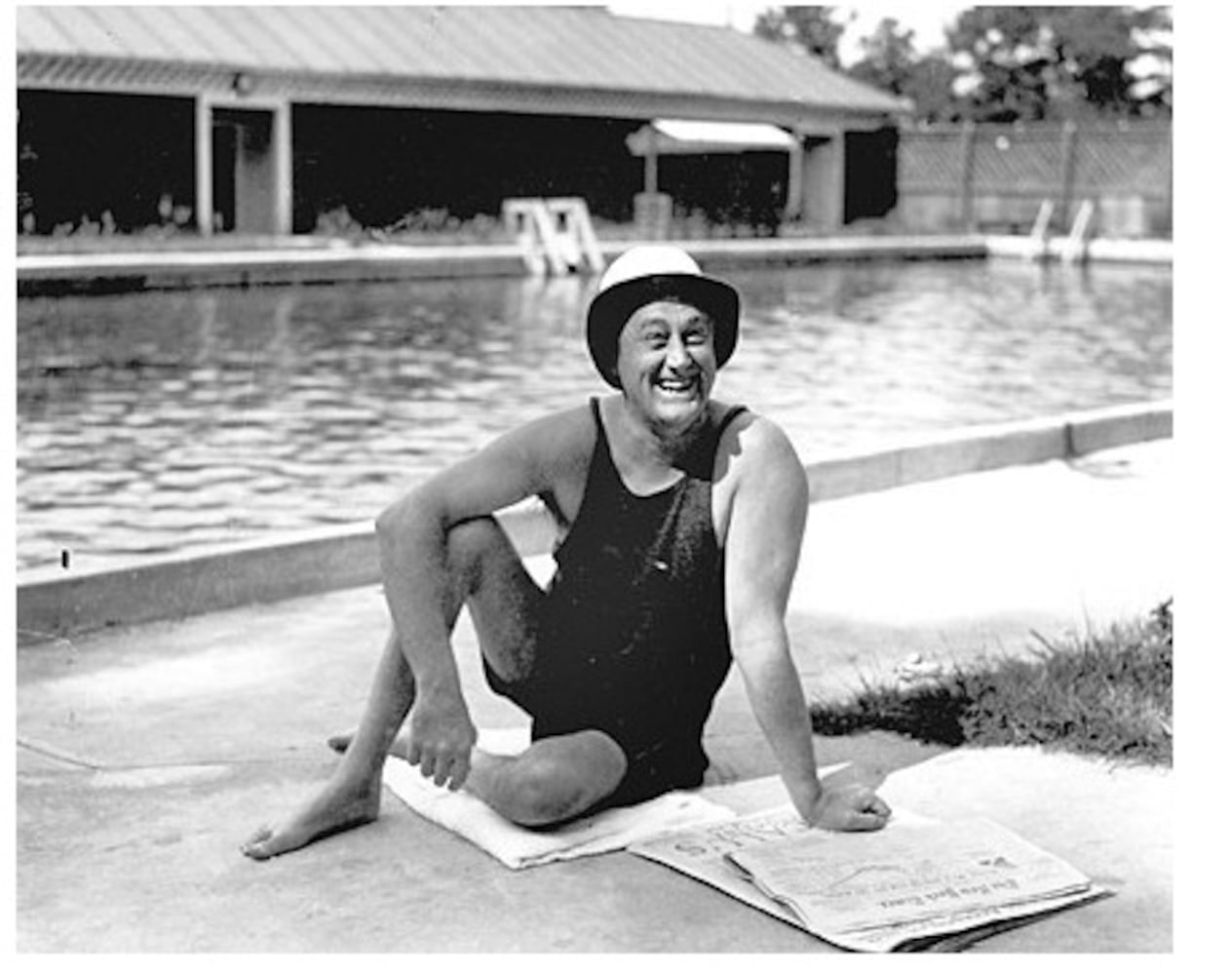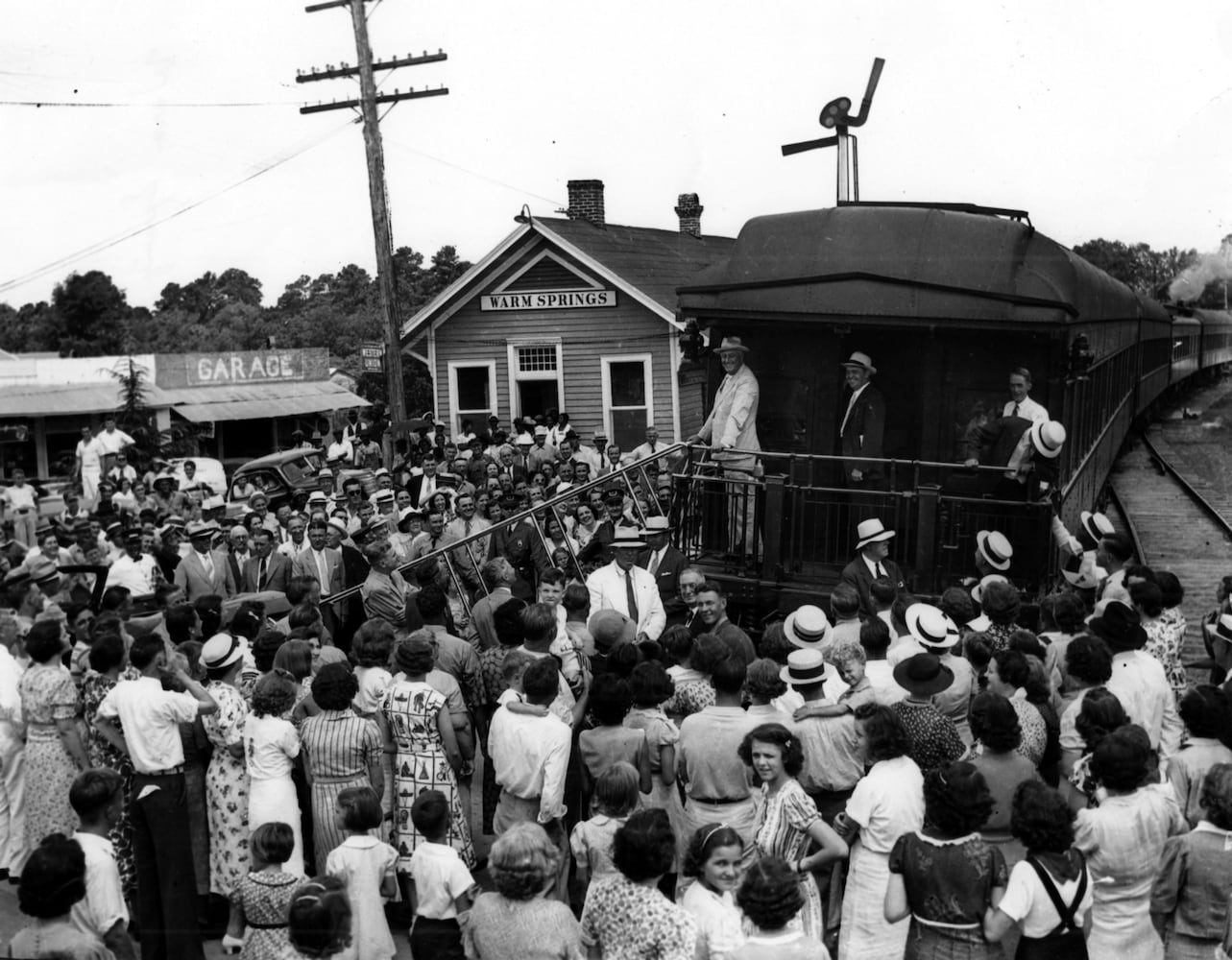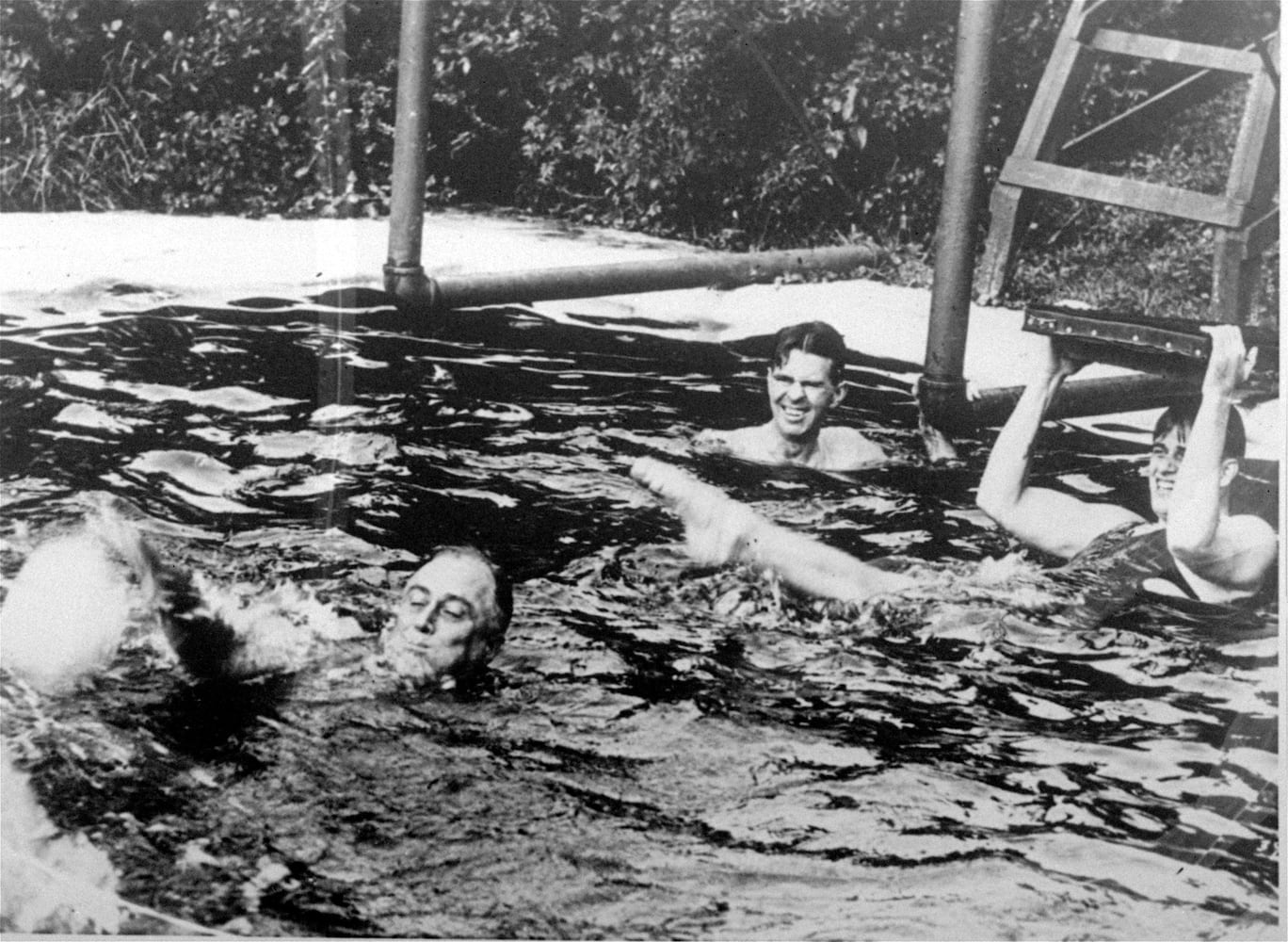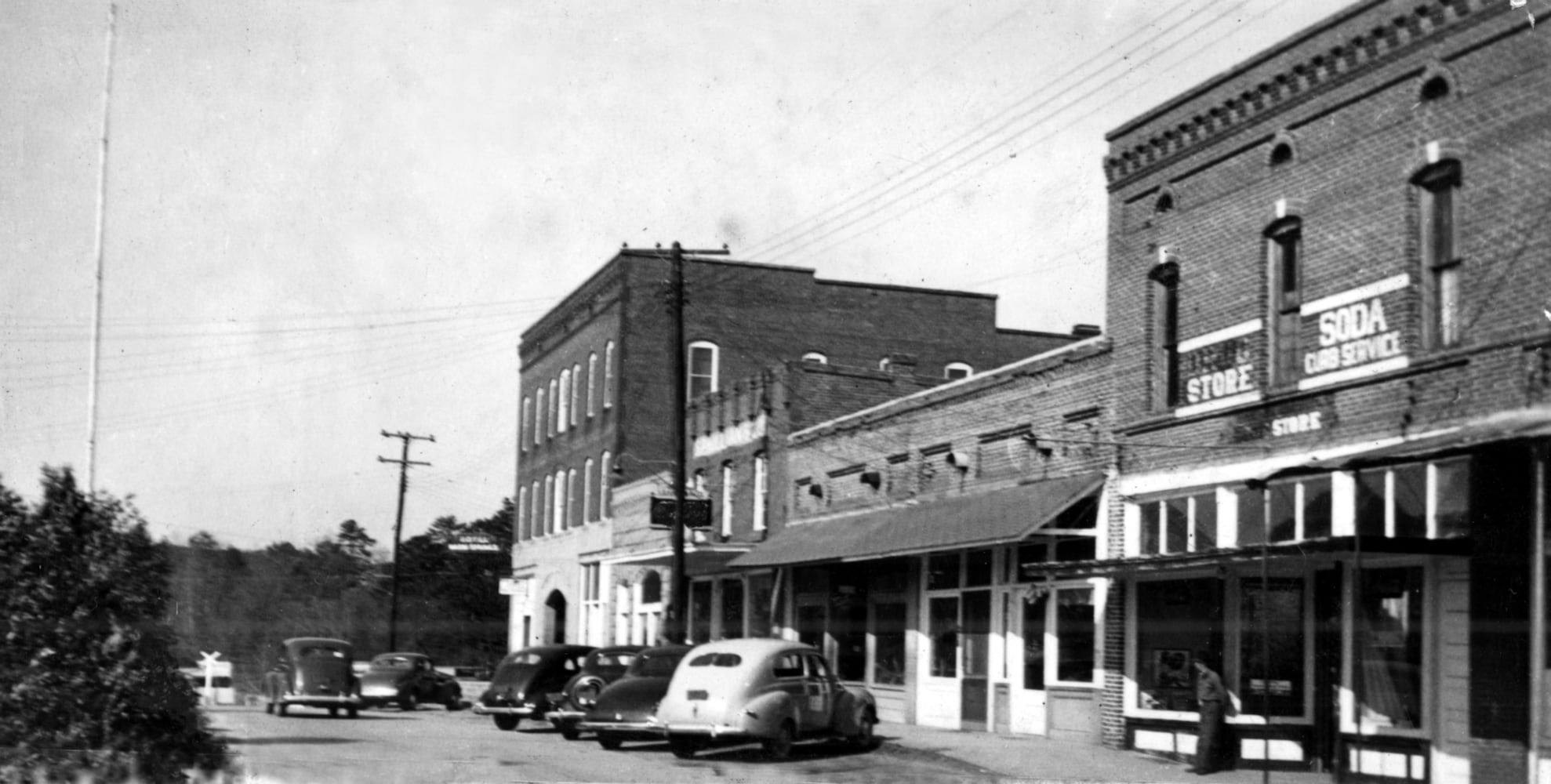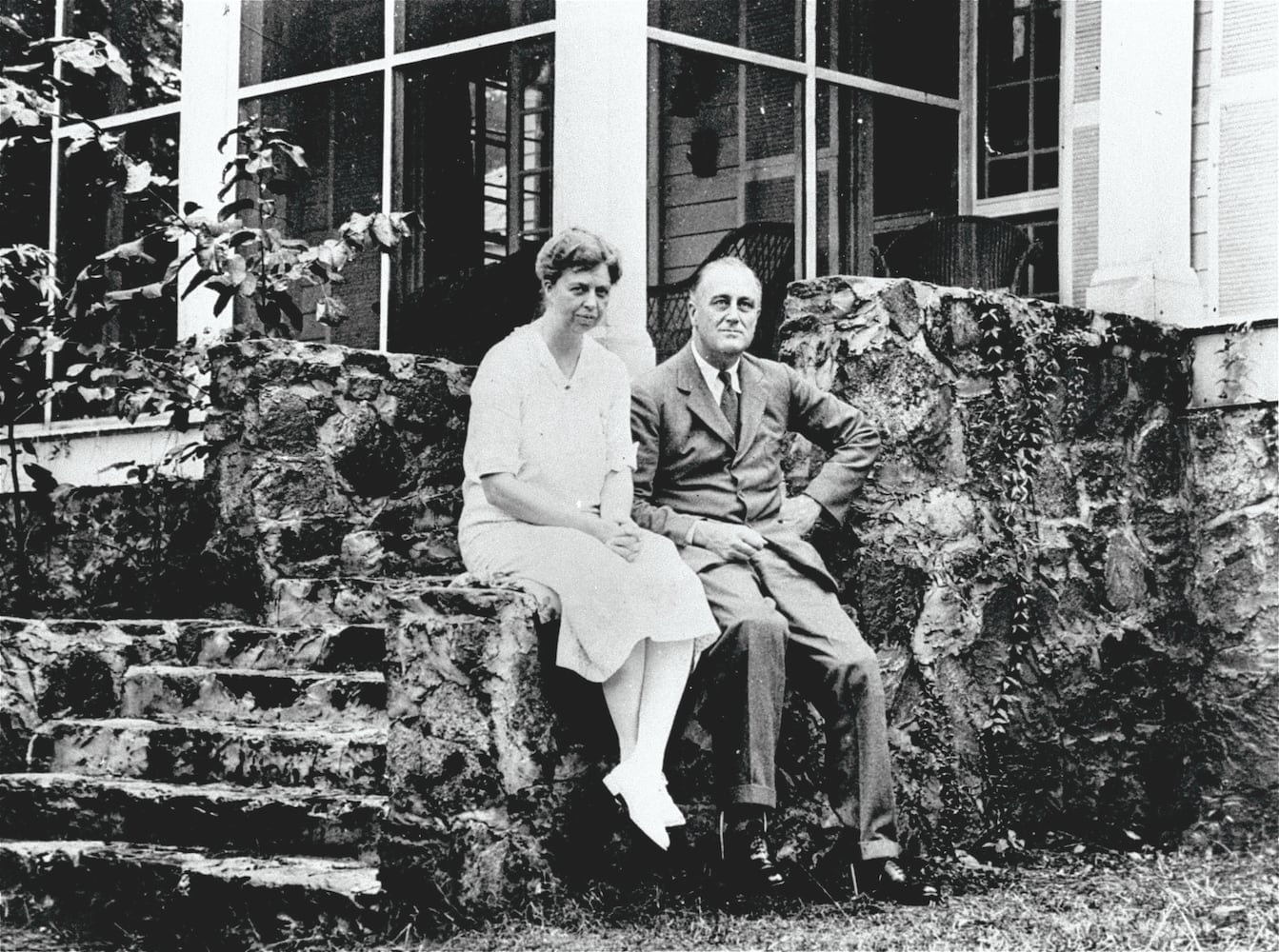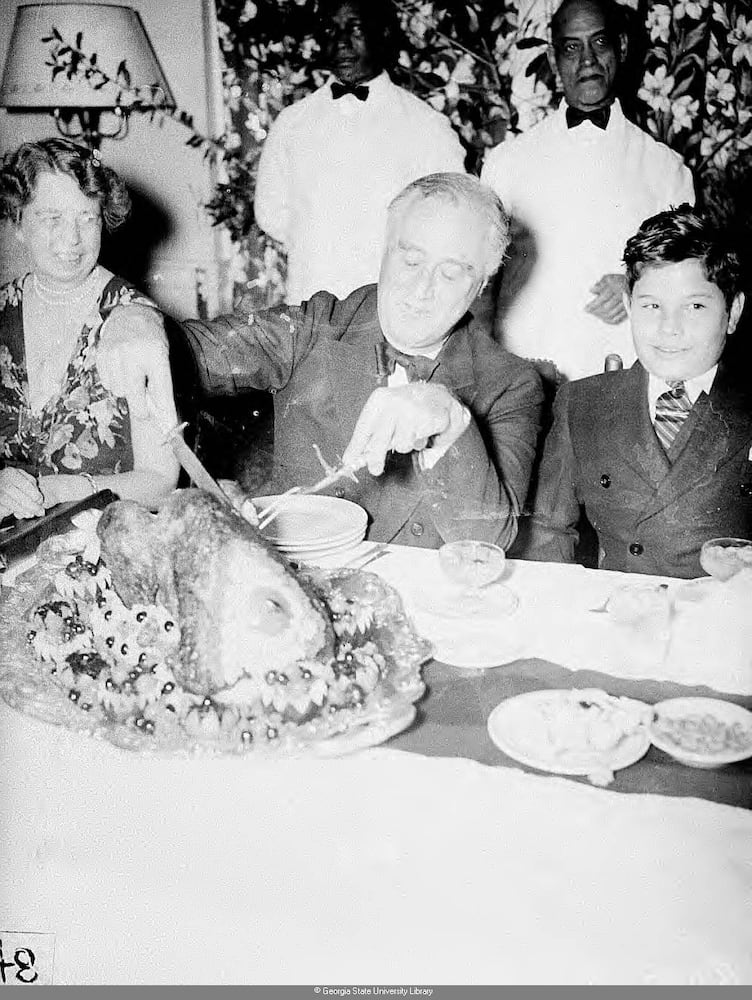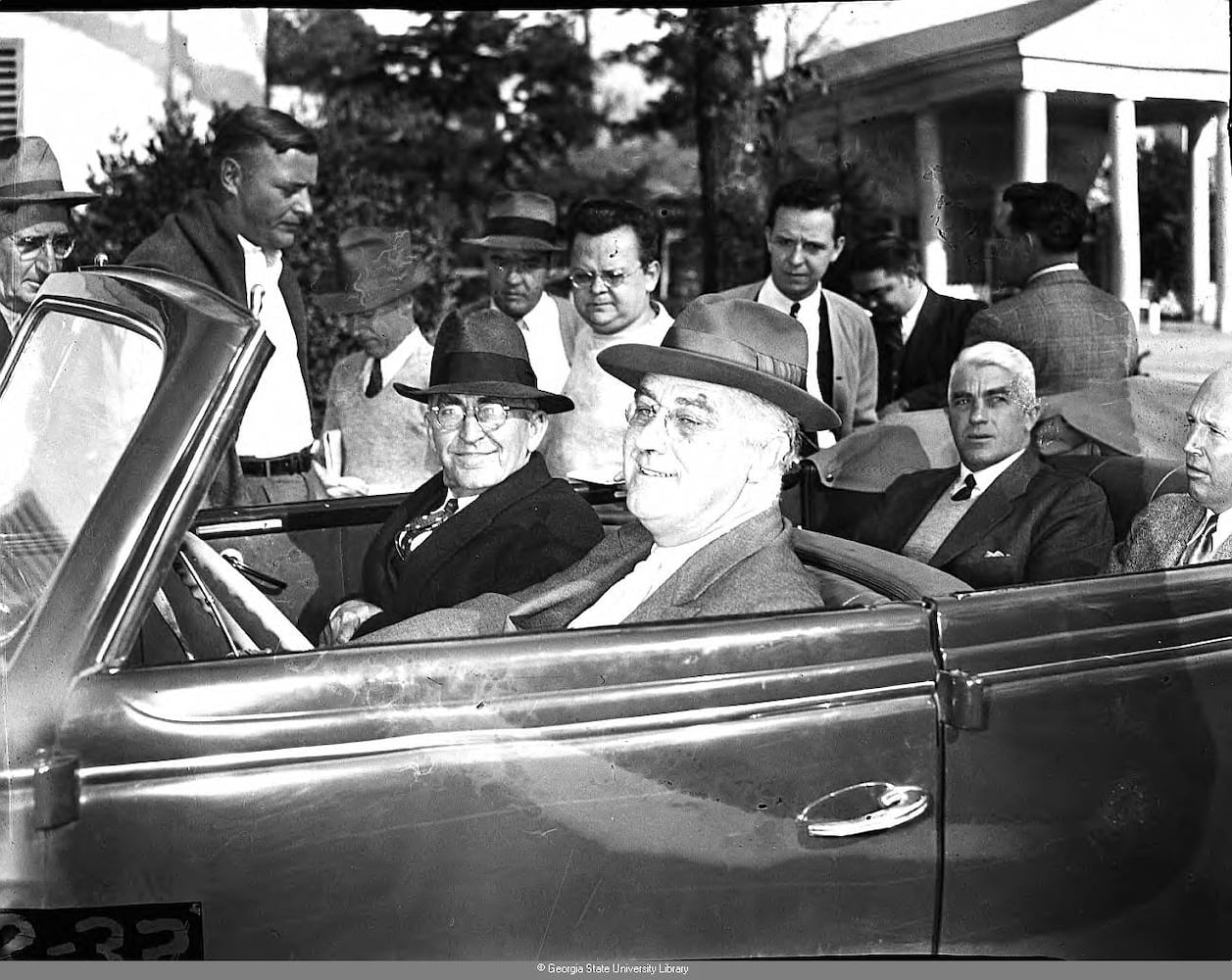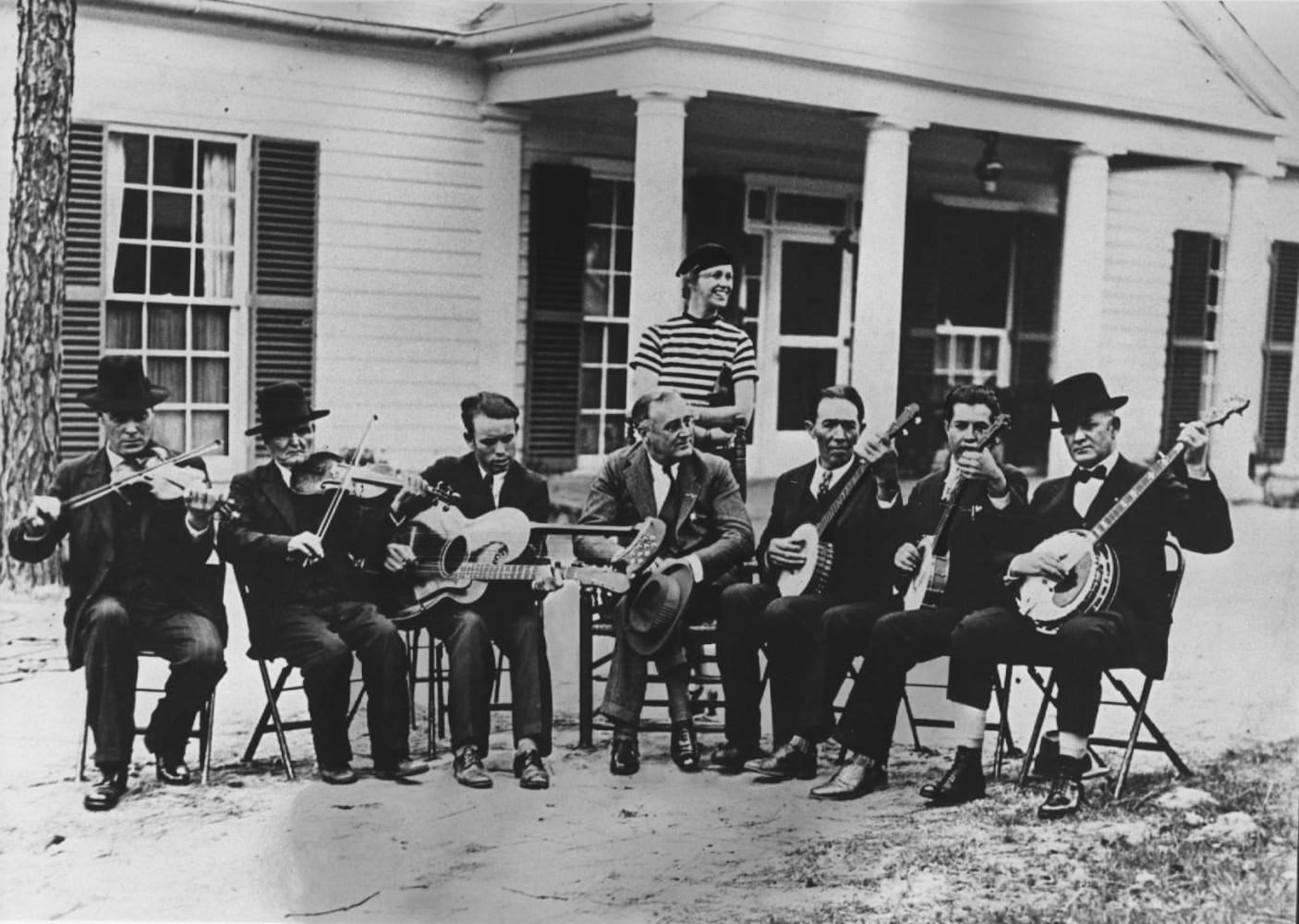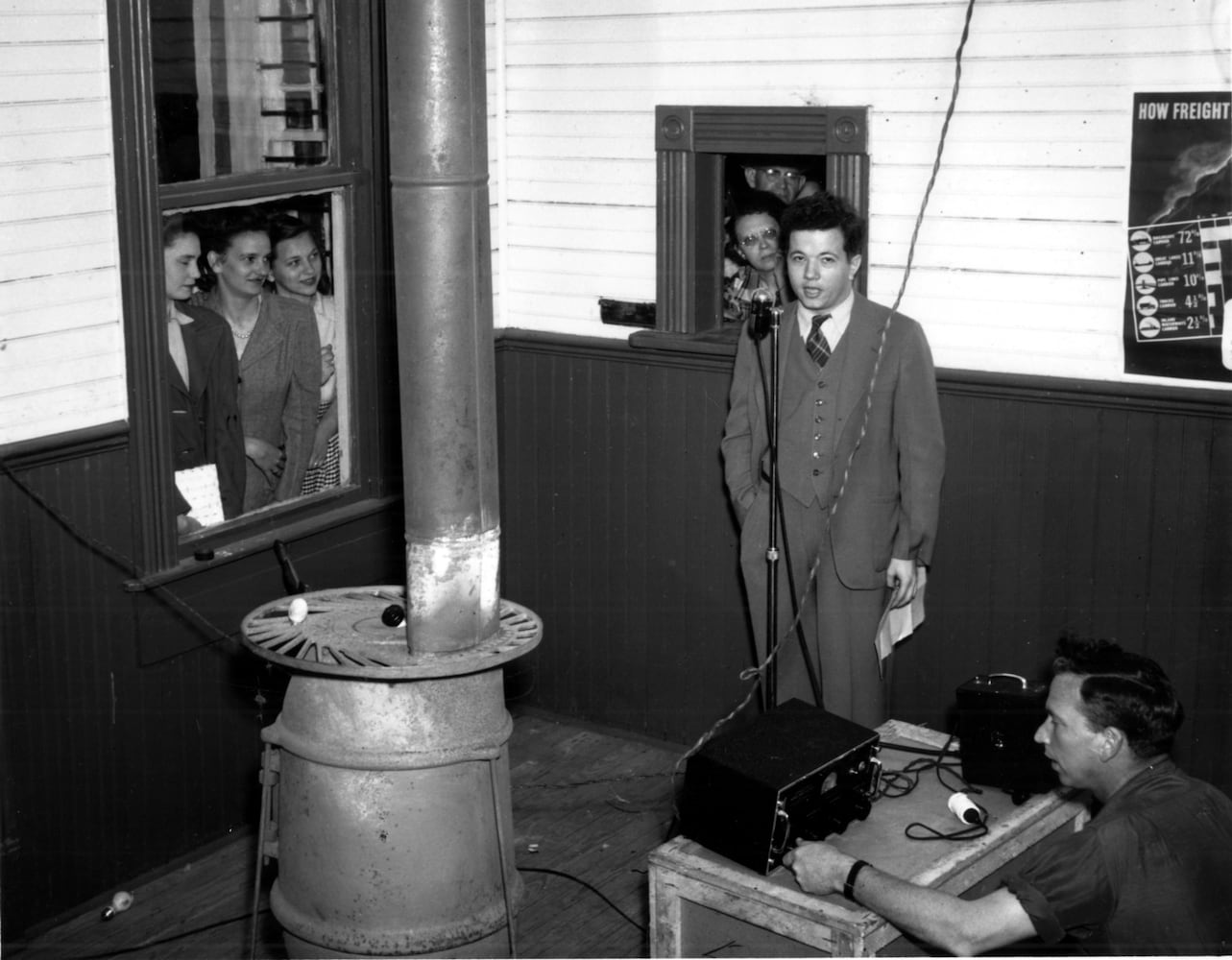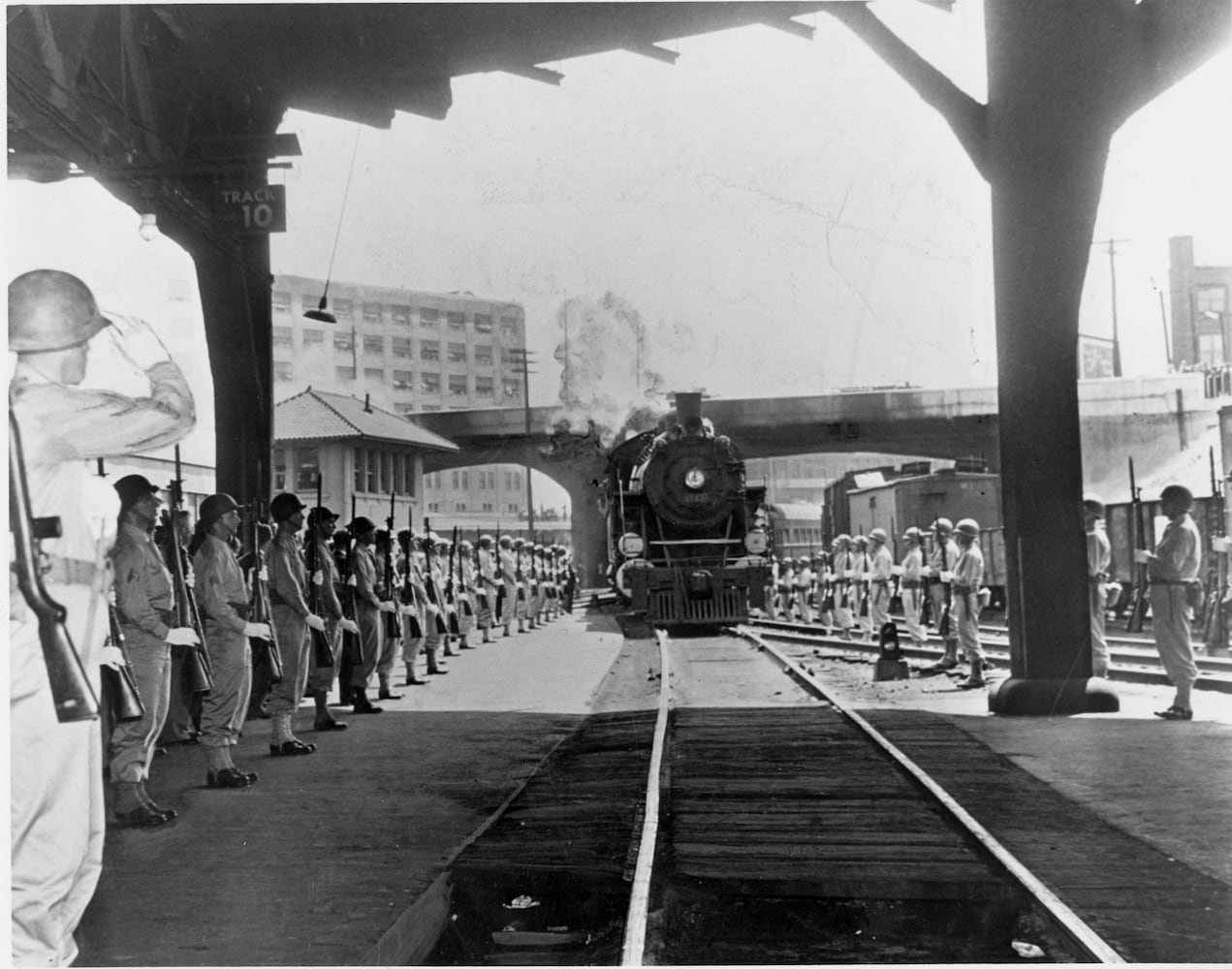Is it just a coincidence that the 75th anniversary of the death of Franklin Delano Roosevelt, our 32nd president, comes as our country is facing a dark crisis that is once again testing the strength of our national fabric?
When Franklin Roosevelt died at Warm Springs 75 years ago, on April 12, 1945, one of America's great leaders passed into history. My father, born to sharecroppers in rural Georgia one month before Roosevelt's election in November 1932, vividly remembers that day. FDR's New Deal had brought electricity to their farm, as it had to millions of others. Now the only president he had ever known was gone.
FDR took office in 1933 with the unemployment rate at 25 percent and 15 million Americans out of work. The new president had brains and competency in abundance, but this crisis called for something more.
His own struggles with polio had created in him that rarest but most essential of all political gifts: empathy for the suffering of others. “When you’ve spent two years in bed trying to wiggle your big toe,” he famously said, “everything else seems easy.” FDR understood that Americans were fearful and hurting, and he knew he had to reassure them.
Tempered by his own dark nights of the soul, emboldened by the voters, determined to save capitalism and the country, FDR faced the uncertain future without flinching: “The news is going to get worse and worse before it gets better and better, and the American people deserve to have it straight from the shoulder.”
President Herbert Hoover had warned that “we cannot legislate ourselves” out of the Depression. Roosevelt would have none of it. Maybe he wouldn’t be a great president, but he realized that if he didn’t lead from the front, he might be the last one: “The country needs and demands bold, persistent experimentation. It is common sense to take a method and try it: If it fails, admit it frankly and try another. But above all, try something.”
Historians and economists disagree on how effective the New Deal was at putting Americans back to work and ending the Great Depression. But FDR’s unmatched ability to reassure and lead the American people during that crisis and World War II led to a landslide re-election in 1936, and unprecedented third and fourth terms in 1940 and 1944.
Like Lincoln, FDR died at the supreme moment of victory in the great war in which he had led. At the hour of triumph, after 12 years of struggle, the steady hand and reassuring voice were gone.
But his unflinchingly honest and empathetic leadership in the greatest crises of the 20th century had held the nation fast during the Republic’s darkest hours, securing its ultimate survival. His rock-ribbed belief in the enduring democratic values of the American people in the face of economic and military catastrophe should still bring comfort to a dark and frightened world.
Seventy-five years later, his words still speak to us: “There is no blinking at the fact that our people, our territory and our interests are in grave danger … . We Americans of today are passing through a period of supreme test. It is a test of our courage — of our resolve — of our wisdom — our essential democracy. I know that it is America’s purpose that we shall not fail.”
Stan Deaton, Ph. D, is senior historian and the Dr. Elaine B. Andrews Distinguished Historian at the Georgia Historical Society.
Photo below: Historic front page from The Atlanta Constitution. FRIDAY, APRIL 13, 1945 | PRESIDENT ROOSEVELT DIES IN WARM SPRINGS: The world's biggest news story hasn't always happened in The Atlanta Constitution's backyard, but in this case it did; or at least just down the street, 70 miles away in tiny Warm Springs, Ga. Franklin Roosevelt annually visited the therapeutic water of Warm Springs, but his sudden and unexpected death there on April 12 stunned the world, including the millions of Americans whom he led through the darkest days of the Great Depression and World War II. The only item on the front page that wasn't devoted to FDR's passing was the day's weather forecast.
About the Author
Keep Reading
The Latest
Featured
